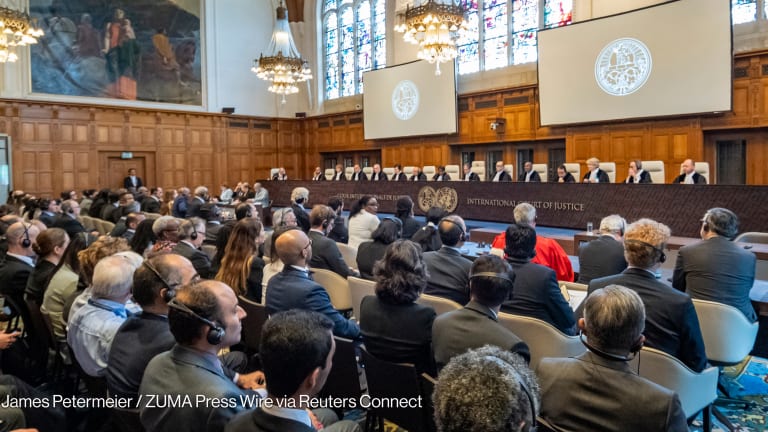A resolution on climate and health being put forward at the World Health Assembly in Geneva this week sends a clear message to health ministers and professionals that they have “a duty to take action” on climate change, panelists said at a Devex event on the sideline of the meeting.
However, the draft document fails to mention the need to phase out fossil fuels, “which is fundamental for health,” said Marina Romanello, executive director of the Lancet Countdown: Tracking Progress on Health and Climate Change, a research collaboration of almost 100 academic centers headquartered at University College London’s Institute for Global Health.
Climate change “is undermining the very basic building blocks of health,” said Romanello, citing how a warming planet is affecting tropical disease transmission, air quality, and access to clean water and healthy food.








